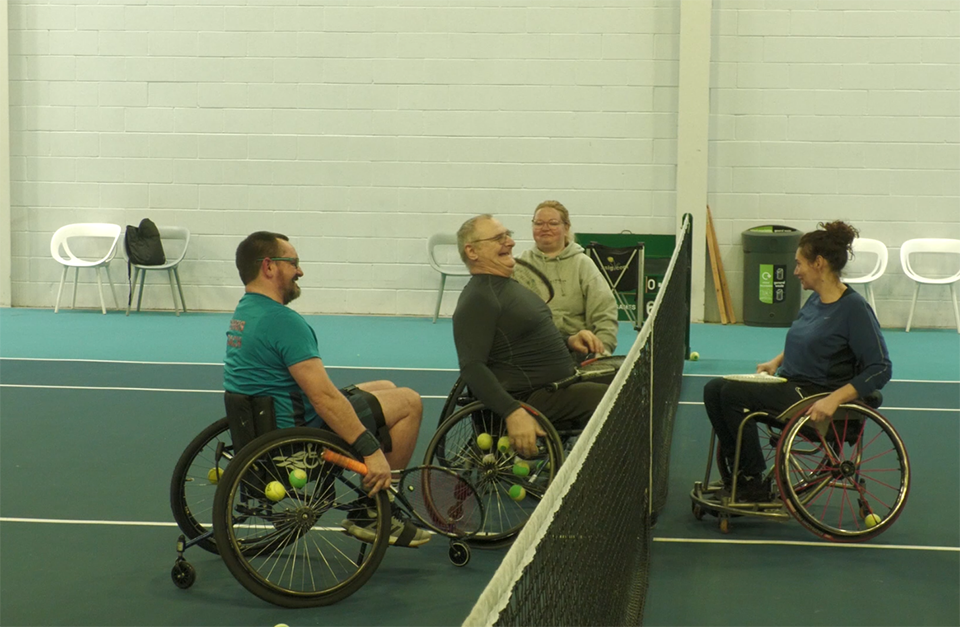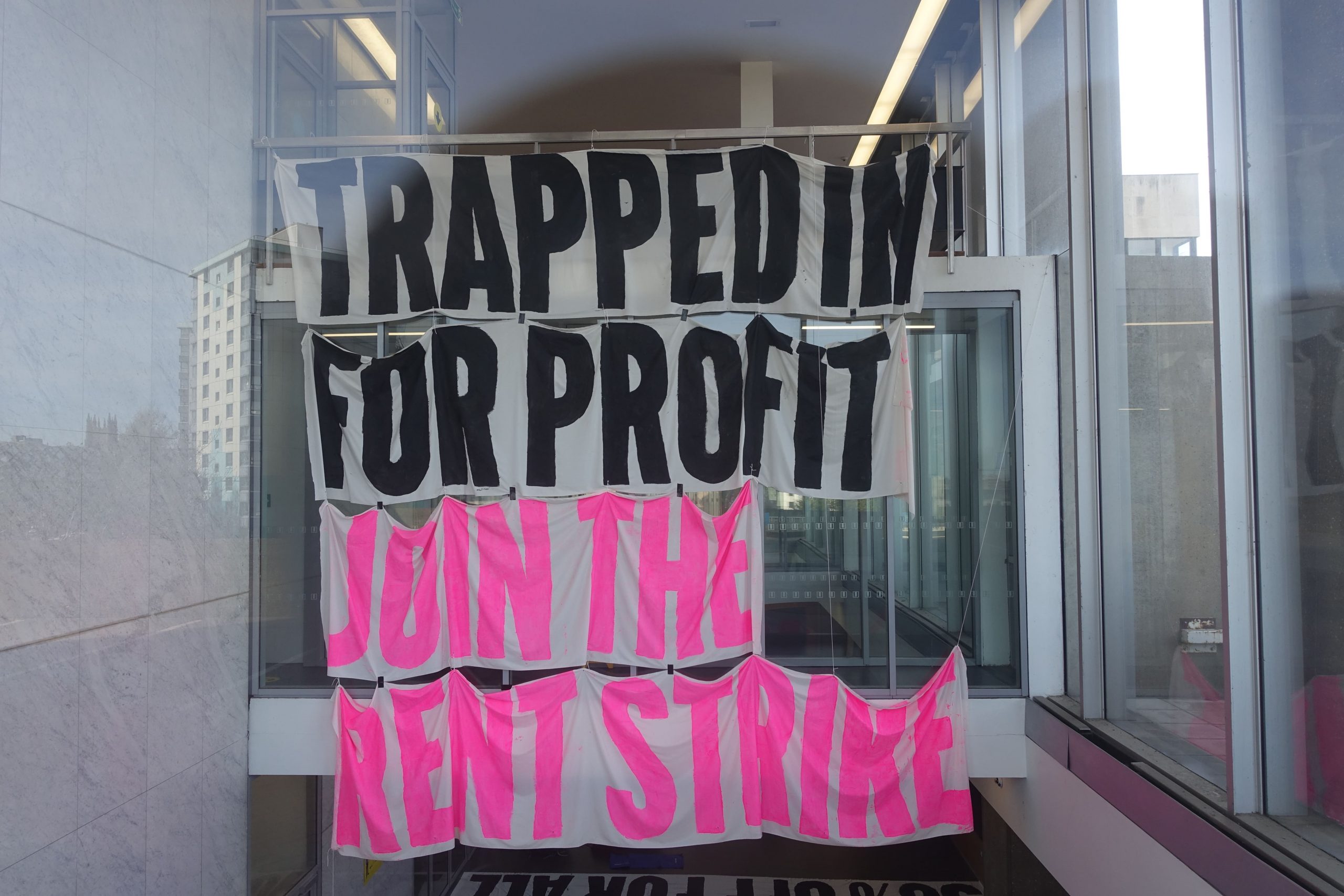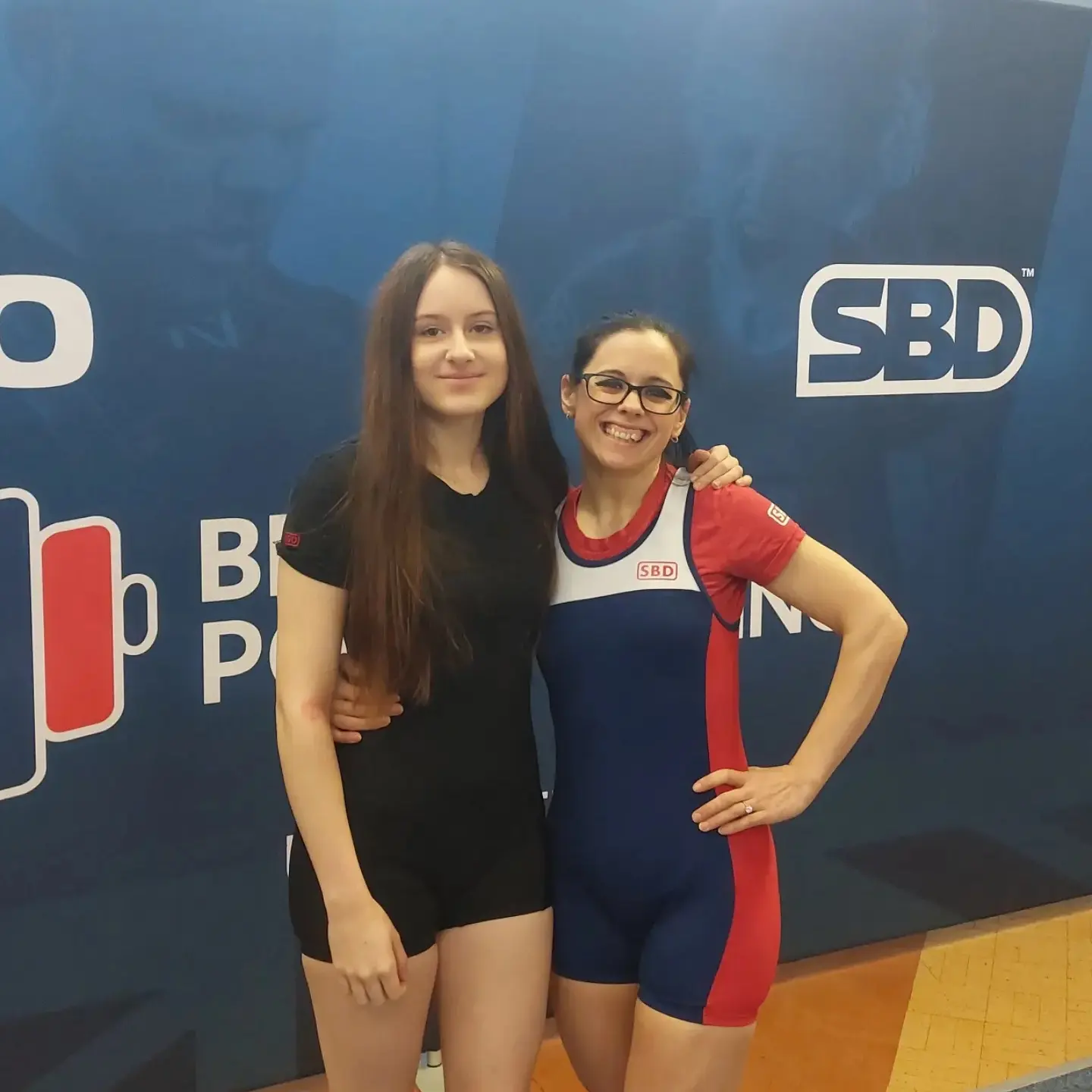An inclusive beginners group hosted across Sheffield are promoting the sport for people with disabilities looking to get involved in the game.
The Ability Tennis programme holds sessions for people with physical, learning and sensory disabilities at all ability levels.
Founder, Ben Howarth, spoke at the organisation’s wheelchair session at Graves Tennis and Leisure Centre in Jordanthorpe about making the game accessible to people by teaching the game to their requirements.
He said: “If players can see me playing in a wheelchair, it shows them the skills that they need and I’m learning just as much as they are.”
The idea sprang from finding a positive use for indoor courts which sat empty in the daytime.
Mr Howarth said: “We had a beautiful tennis club but the facility just wasn’t being used.
“It meant I had a lot of hours needing to be filled with work, but also wanting to get more people physically active, social, and feeling included in playing tennis.”
Attendees of the session praised the health benefits that people with disabilities can gain by joining disability sports clubs.
Member since the sessions began, Lottie Davis-Browne, said: “Everybody should have the opportunity to play tennis.
“There’s people with different levels of disability and they may never be able to play a proper match, but there’s always something tennis related you can do.
“Some disabled people don’t have that basic hand-eye coordination but by working one to one with them in things like tennis that improves.”
As well as the physical benefits, the mental health support the groups can provide one another is profound.
Barry Grayson, who also attends a para ice hockey club remembered how the team helped him during a tournament, saying : “My wife was ill while we were doing that and she died part-way through it, but they were there all the time. It’s just like a family.”
Echoing the feeling, Ms Davis-Browne said: “It’s the friendship, it’s having structure in your week. We all sort of understand what each other are going through.”
Despite the benefits these groups offer there are still obstacles to participating, a key one being transportation as some members have to travel over an hour to get to an accessible indoor facility.
Mr Howarth pointed to the success of outreach programmes offered by the Sheffield Royal Society for the Blind, who offer a minibus that transports players with visual impairments to and from the venues and drastically increases attendance.
He also highlighted the need for engagement with the disabled community from coaches and venues, saying that the venue not being completely accessible is not an insurmountable barrier to being inclusive.
He suggested producing short videos of the facilities to give people an understanding of the layout and access to reduce anxieties about visiting venues.
Mr Howarth said: “There aren’t many clubs where the facilities are going to be absolutely perfect, but it’s about being honest with people with disabilities.
“Everyone, whatever ability they have, is playing the same game. They’re just playing it in their own way.”




